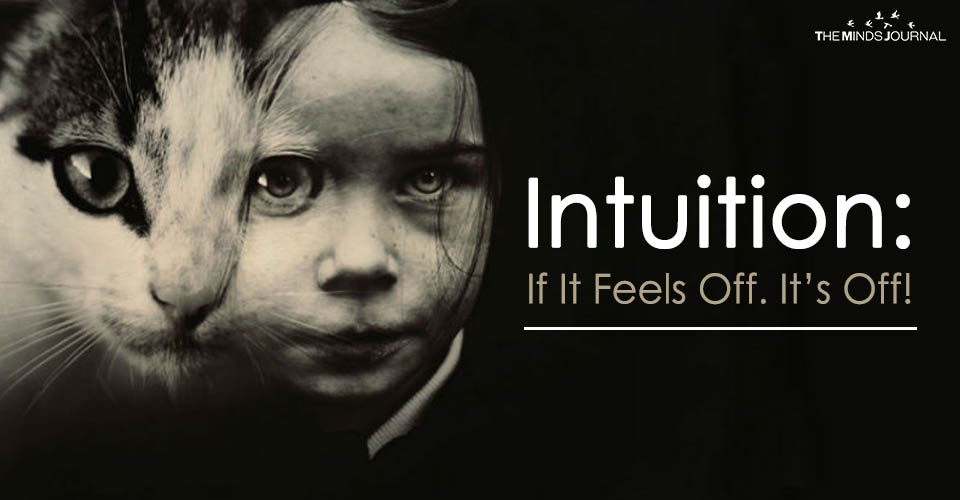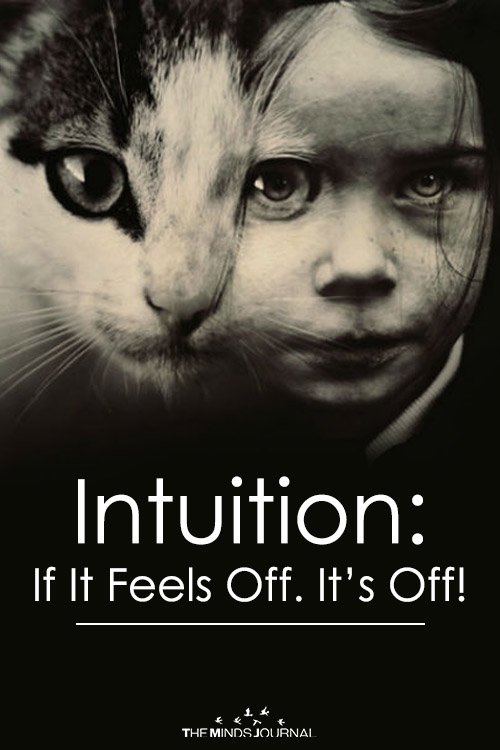Intuition
Always, always trust your first gut instinct. If you genuinely feel in your heart and soul that something is wrong, it usually is.
I’m hard-wired to read the energy of the people, situations and the places around me. My intuition antennae, my inner GPS, is firmly switched on. My abilities developed during childhood so using my intuition is second nature and always has been. If someone is pushing my boundaries, my inner alarm system rings the bell through feelings and sensations in my body.
Our boundaries are what keeps us safe, healthy and well. The ability to hold the line is fundamental in terms of a balanced mind, body, and soul.

So, knowing when something is off should come easy to me? Unfortunately not. My boundary difficulties didn’t lie in developing my intuition. My difficulties arose because of my childhood experiences of abuse which developed into the conditioning that prevented me from developing healthy boundaries.
I’ve never had a problem with holding the line physically yet in a situation where someone energetically (emotionally) overstepped my boundaries, my inner alarm system would sound the alert and my logical side in terms of my conditioning would be thrown into immediate confusion. Should I really feel like this? Am I right to feel like this? Can I say No? What will happen if I say No?
Read 8 Tips To Strengthen The Voice Of Our Intuition
My intuition and logic would clash together, leaving me in a state of confusion, energetically frozen and unable to respond either way.
All of this happened on a subconscious level. In reality, I would feel stunned, ungrounded and unsure of myself. Only by walking away from the situation, could I try to make sense of what had happened but the boundary overstepping had already happened. I couldn’t go back and hold the line. I suffered from delayed reactions.
Developing my boundaries has been the area of self-development where I have struggled the most yet the results have been the most beneficial. The ability to hold the line is a game-changer if you want to lead an authentic and happy life.
I made a leap forward when I decided to listen to my body in terms of what my intuition was telling me, despite the clash with my thoughts and fears. If anything felt off, it was off and whilst I didn’t quite trust my intuition at first, through experience, I soon realized that in most cases my intuition was bang on the mark.
Read Trusting My Intuition Saved My Life. Here’s How To Tap Into Yours
As I developed my trust in my intuition through real experiences, life became easier to navigate.
Every time I listened to my intuition and listened to what my body was telling me, I held the line and said no when I needed to. And with every No, I strengthened my conviction to listen to my intuition and develop my boundaries. My logical side i.e. my conditioning changed as it became clear that my intuition could be trusted.
On the other hand, your intuition will also tell you when something is right. If it feels good, it’s good even if your thoughts and fears tell you otherwise.
Listening to our first gut instinct in any situation will tell us everything we need to know.So, if you struggle to hold the line as far as your boundaries, listen to your body, your inner alarm system. If it feels off, it’s off and holds the line. Say No to others to say Yes to you.
Copyright Samantha Wilson (Rise of the Empath)
This article has been republished with permission from SamanthaWilson.com
You can view the original article here.










Leave a Reply